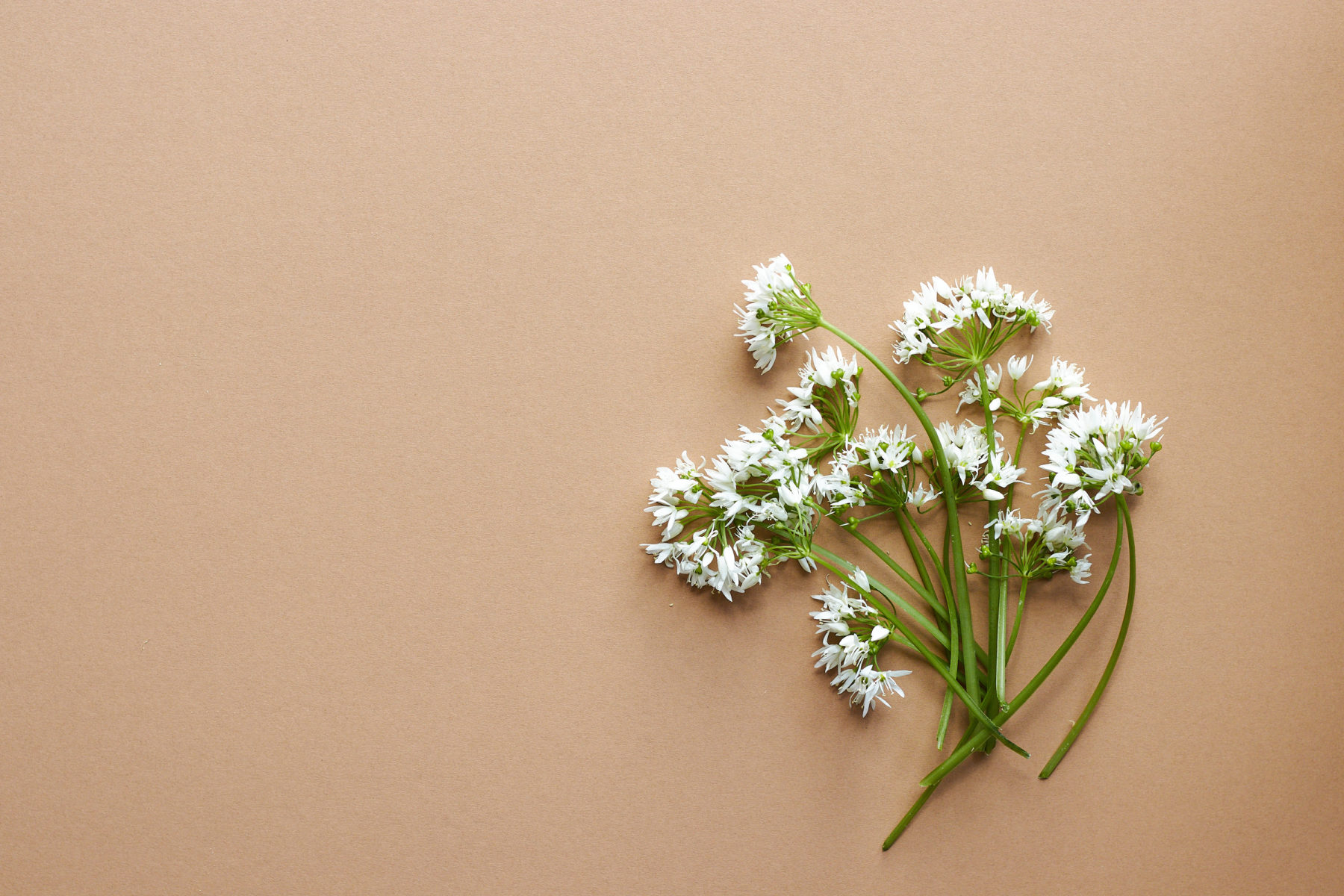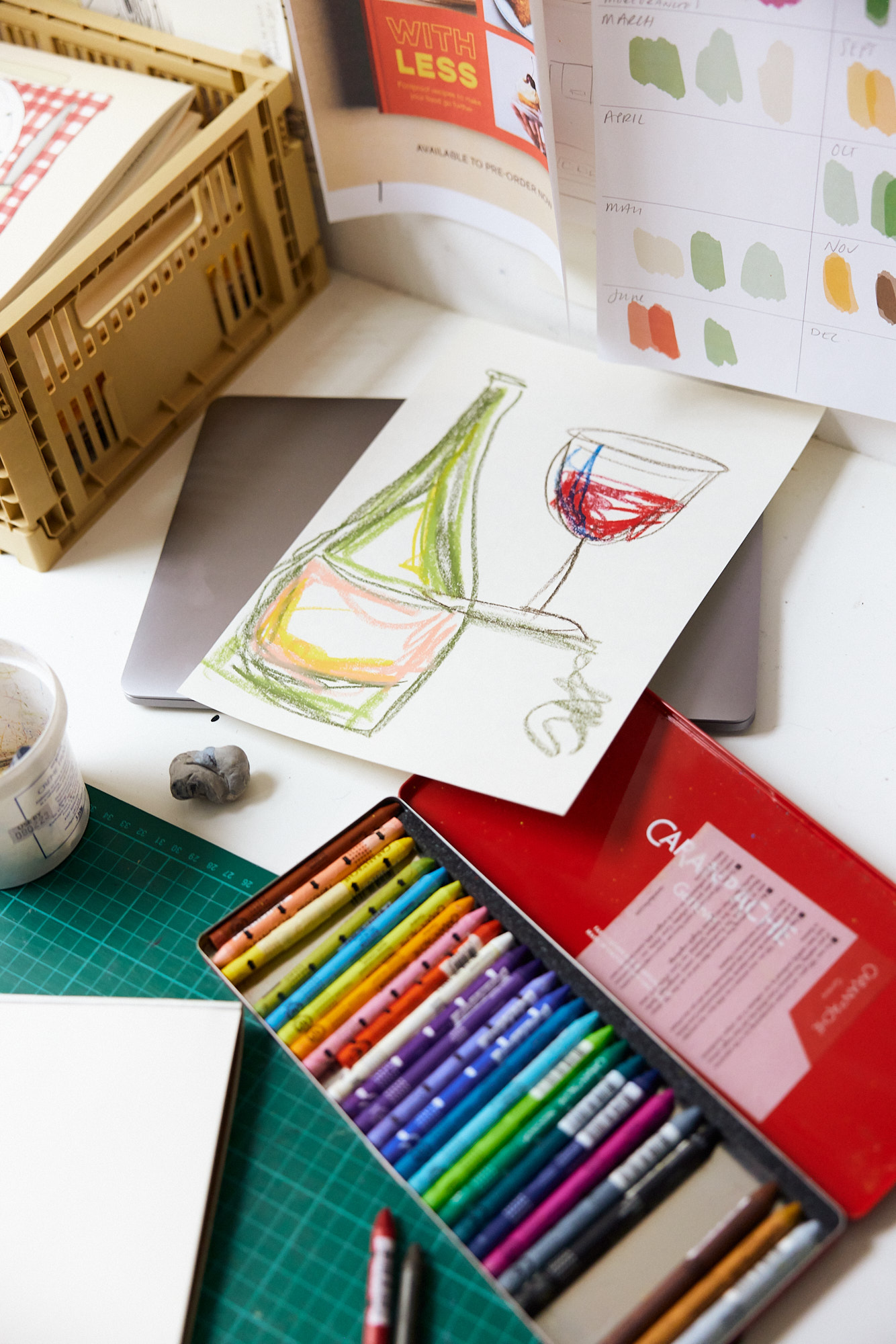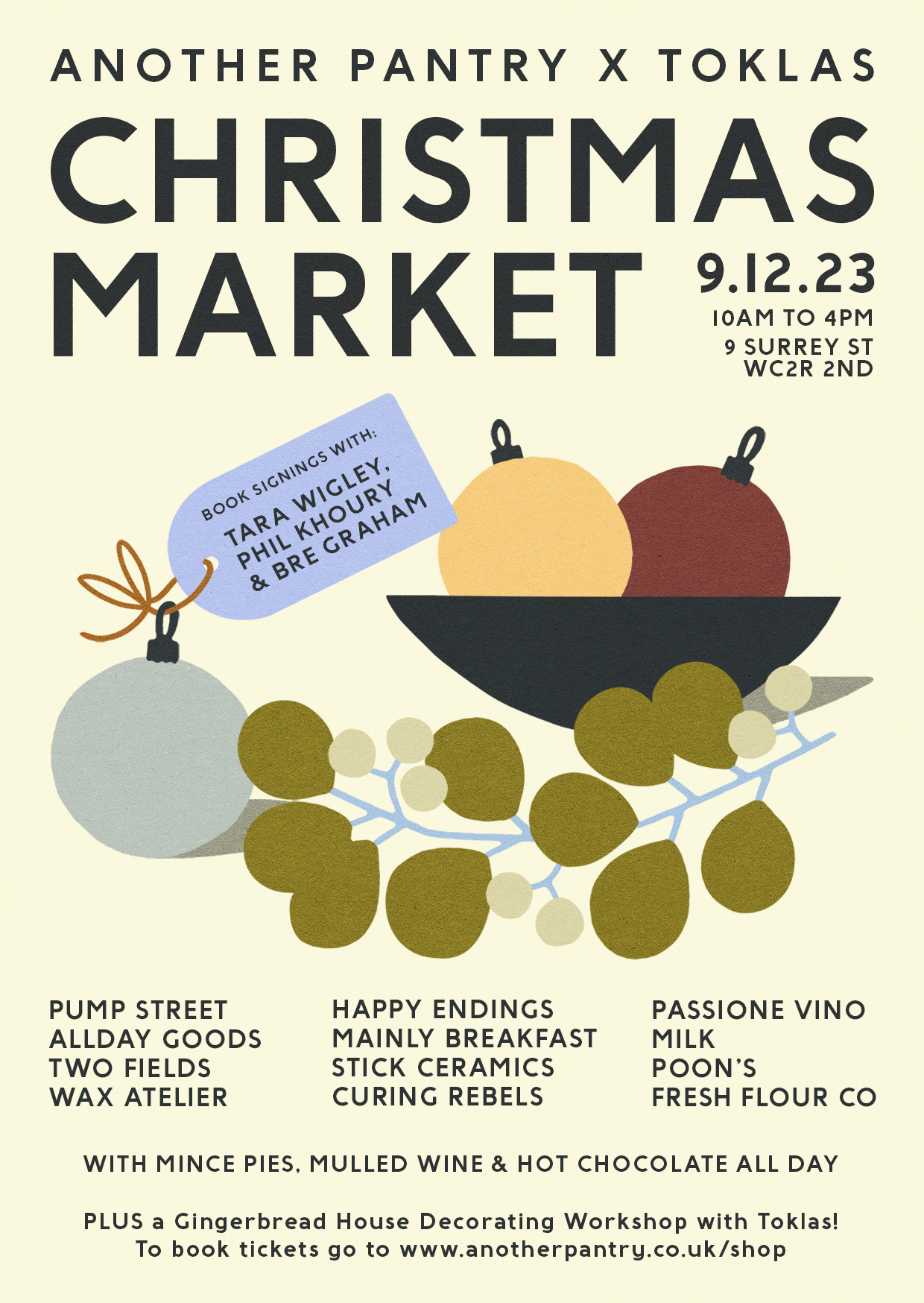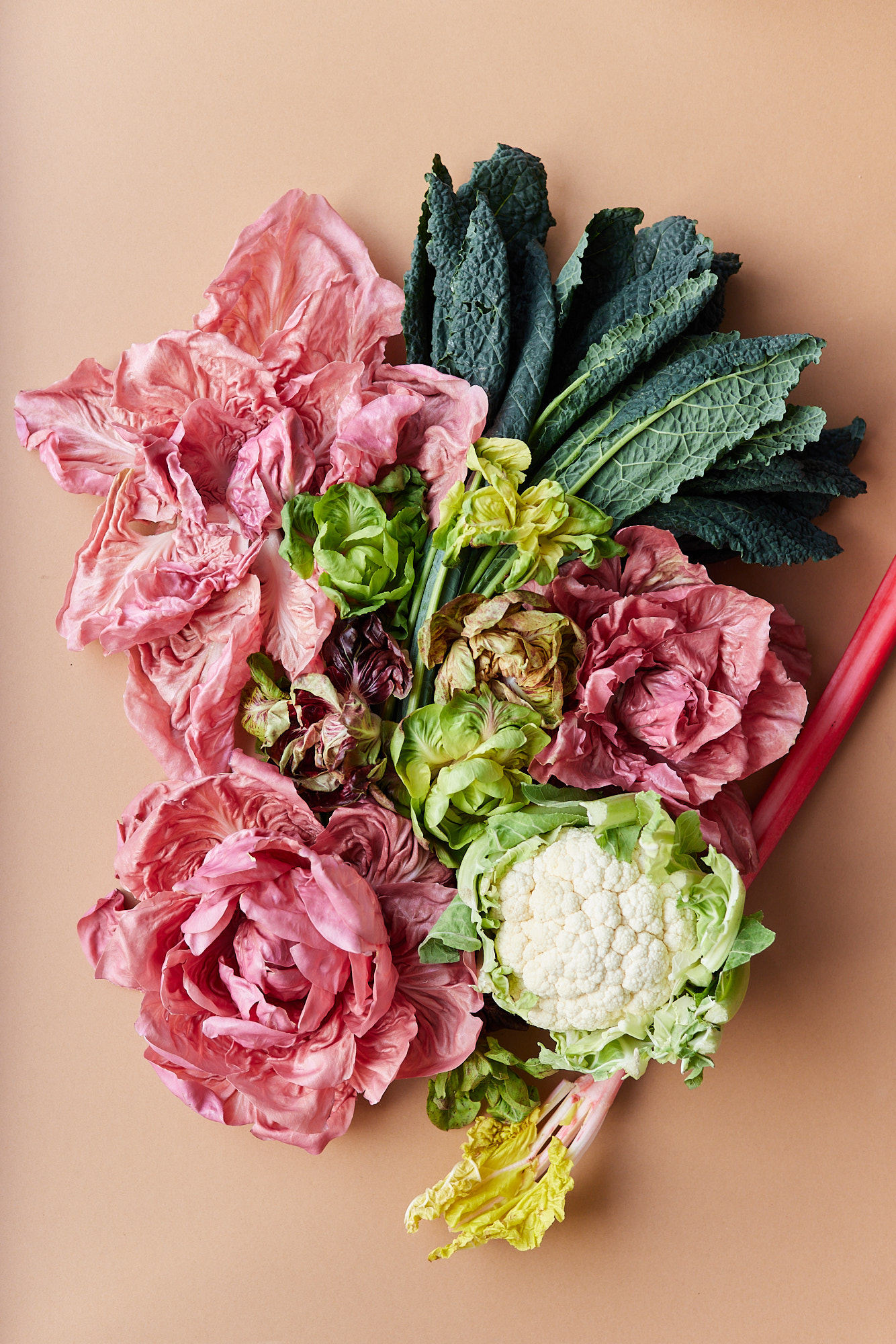
An Introduction to Seasonal Eating

What if we told you that you could eat anything you wanted, any time of year? Sounds quite normal. Sounds like a routine trip to the supermarket for a lot of us. We’re incredibly lucky to live in a world so wonderfully connected that it’s been possible for us to do that for so long. What we haven’t realised, though, is that the constant availability of fruit and veg has caused us to lose touch with the rhythm of nature; we’ve lost sight of the beauty and ultimately the benefits of eating locally grown, seasonal food.
Take a strawberry. That intense sweetness of a plump, juicy strawberry is really something you can only taste in the summer. And taste is perhaps the simplest way to tune into the seasons, particularly when there aren’t many other clues telling us that we probably shouldn’t be eating strawberries in the middle of January. Seasonality is unfortunately not something we’re taught or talk much about anymore but the way things are going, it needs to be part of the conversation.
“It’s about making small changes in our attitude to food — to how we shop, cook and eat. Eating seasonally is a step we can take to support our local economy, help small food businesses, farmers and producers, and reduce our carbon footprint.”
It’s not necessarily about doing it all the time or every single day. There are a fair few socioeconomic and cultural factors at play in the argument for seasonal eating, and also, sometimes you just really want to put courgettes in your curry no matter what time of year it is. And that’s okay. It’s about making small and gradual changes to our attitude to food — to how we shop, cook and eat. Overall, eating seasonally is a step we can take to support our local economy, help small food businesses, farmers and producers, reduce our carbon footprint and even benefit our own health.
What does it mean to eat seasonally?
In plainest terms, eating seasonally means focusing on the produce that is in season at a certain time of year — that is, produce that is mostly ripe and ready to harvest. For us in the UK, we’re talking about what’s in season and growing locally, right around us, or at least much closer to home in and around Europe rather than halfway across the world. Sure, it’s summer somewhere, but that bunch of asparagus you’re eating in December has probably had to travel all the way from the likes of Peru, and it’s likely been sitting on a plane or a boat in the two weeks since being harvested.
By eating fruit & veg grown grown nearby, above all else we’re helping the environment and reducing our food air miles. We also end up eating food that simply tastes better and is better for us — if you buy from a farmer’s market, you could end up eating it within hours of being harvested, or at most a few days, when it’s full of flavour and at its peak nutritional value. It means we’re more likely to reduce food waste from produce that’s gone off before it’s gotten to the supermarket shelves (and there’s a lot of that happening). It also means we’re supporting our local food industry, our farmers and our soil.
Of course, we can’t and probably shouldn’t restrict ourselves to seasonal, locally grown food all the time. We’d deprive ourselves of the delights of ingredients like lemons, mangoes, even rice. Not only that, we’d completely whitewash our rich culinary landscape. The argument for seasonality often forgets the many cultures and ethnic minorities that rely on imported foods as part of their cuisines and identities. So it’s not necessarily about cutting those out or avoiding them, it’s just about being more mindful when it comes to when and how much we are consuming of those things, shopping locally and consciously where we can. Being able to enjoy the best quality seasonal produce is, however, a privilege and unfortunately remains inaccessible to many, so there’s still a long way to go.
We can be making better choices though, however small. If you know you can get asparagus in the UK in the spring, try to wait until then. Choose to buy imported foods when you really have to, for the things that you love and don’t grow in the UK’s climate. That way you’ll also have something to look forward to and it even makes cooking a bit more exciting. There’s nothing better than waiting for winter to come around for rhubarb, or summer for figs.
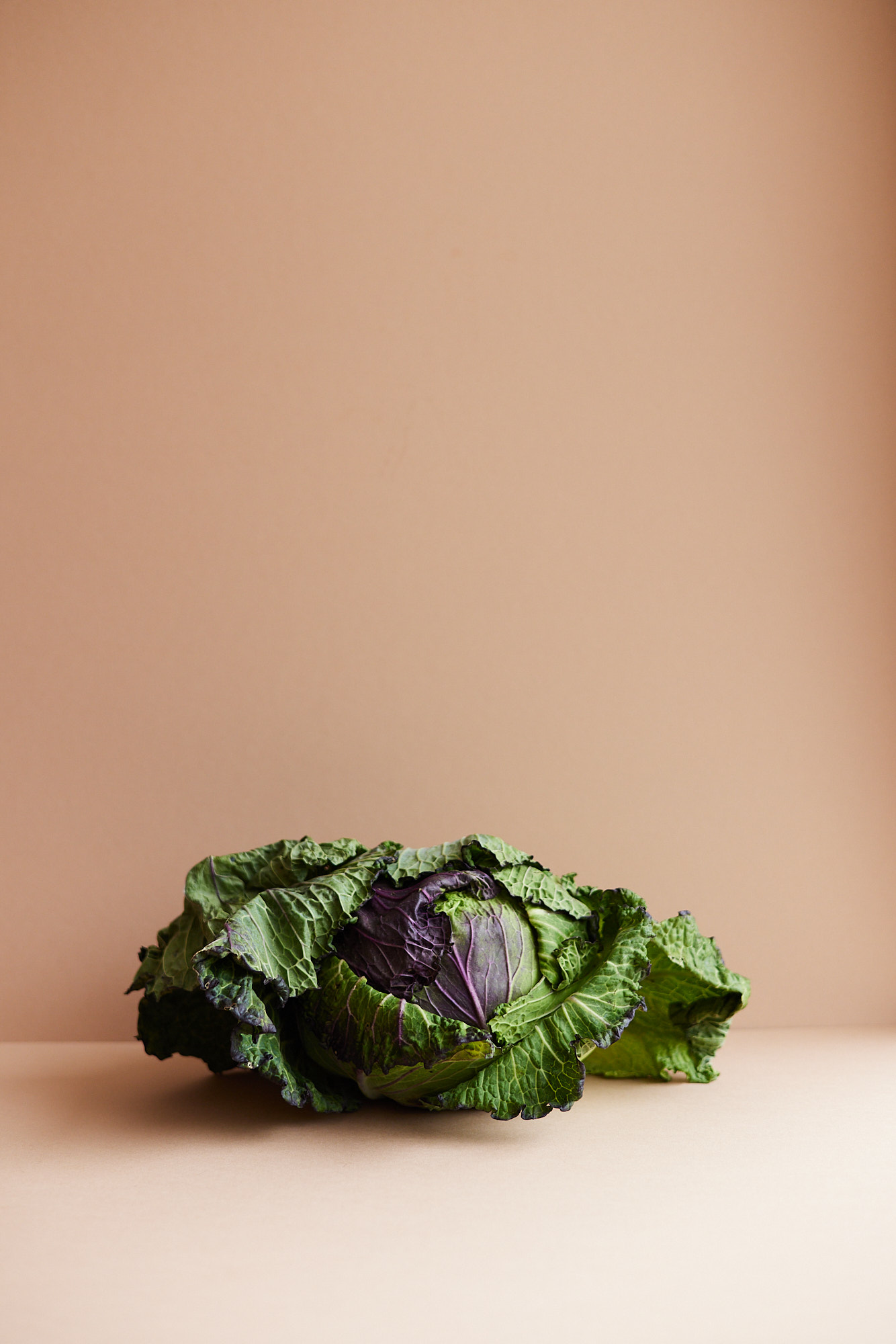
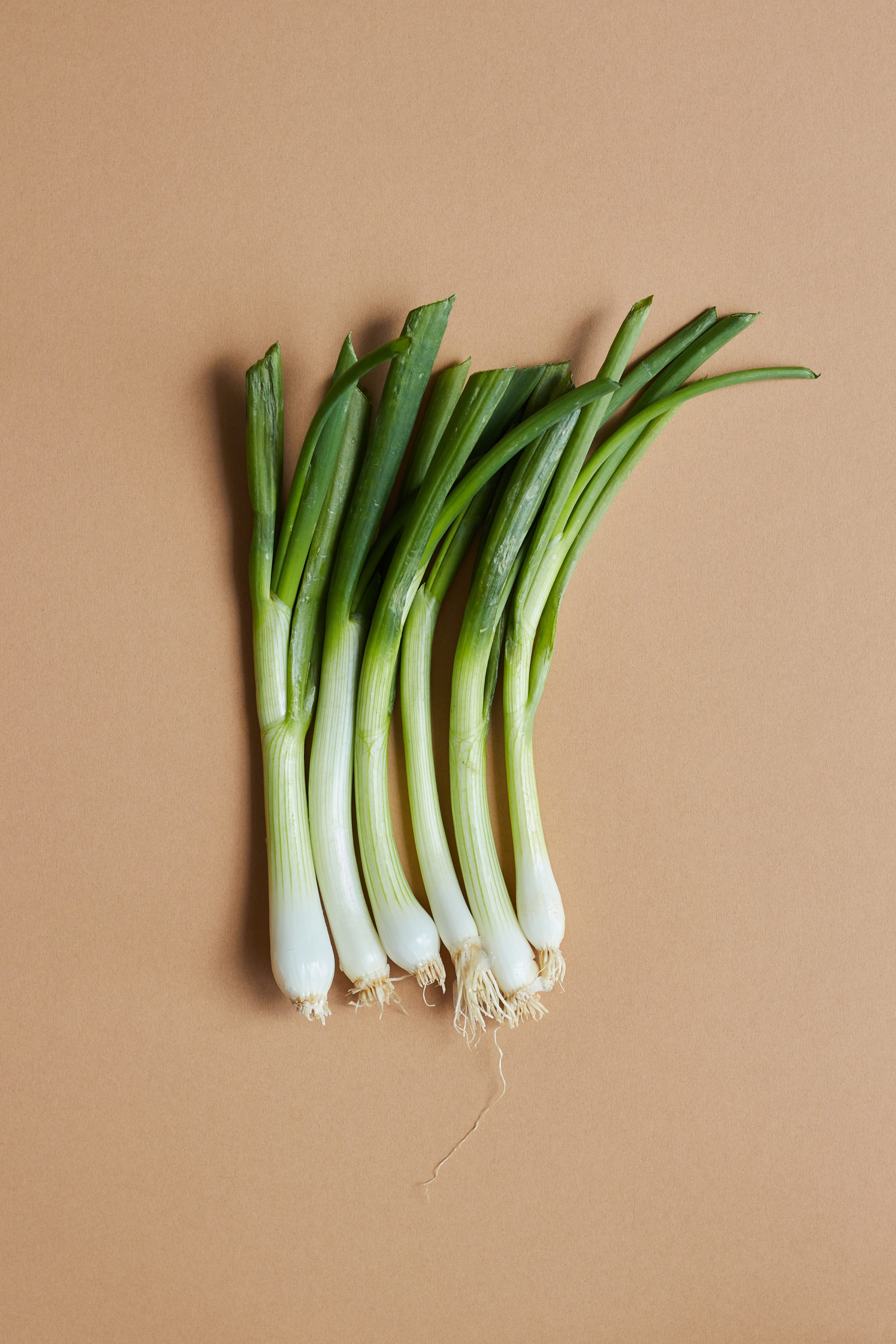
How do we eat seasonally?
Be mindful of where your food comes from — most of us do the bulk of our shopping at the supermarket, so the easiest thing you can do is look at the country of origin. If your broccoli has come from Venezuela, you can probably make a better choice. Broccoli grows in the UK so look for an option from closer to home, or if it’s out of season, try substituting with another vegetable this time. You can easily switch up veg in most recipes.
Shop at your local farmers market — farmers markets are increasingly common around the UK and you’re sure to have one near home. You’ll be buying directly from local farmers, meaning that they’ll have great locally grown, in-season produce, and you’ll be supporting them without a large chunk of your money going to the supermarket middle man. If you’re based in London you can search for your nearest market here.
Support the game changers — there are so many grocery businesses revolutionising our food system. Oddbox reduce food waste by delivering boxes of perfectly delicious fruit and veg that don’t meet the uniform, regimented standards of big supermarkets. Abel & Cole deliver organic produce nationwide from independent growers and reduce the amount of packaging used in the process, and Riverford provide the best of seasonal produce fresh from the farm in compostable packaging. Natoora work directly with farmers and independent producers to source seasonal fruit & veg from the UK and Europe, and you can get hold of it via home delivery on their app.
Taste — we mentioned it at the beginning, but start listening to your tastebuds. Have you ever had a hard, sour, even bitter plum? It ain’t fun! Plums in the UK are in season in the summer, like most stone fruit. They’ll be soft and sweet and ripe around then. You’ll start to notice it with so many other fruit and veg once you’re aware of it.
Grow your own — it can be quite simple and genuinely really rewarding to grow your own fruit, veg and herbs. Herbs will probably be the best place to start. You don’t need a garden or a fancy vegetable patch — a lot of them will simply survive on your windowsill if cared for properly.
